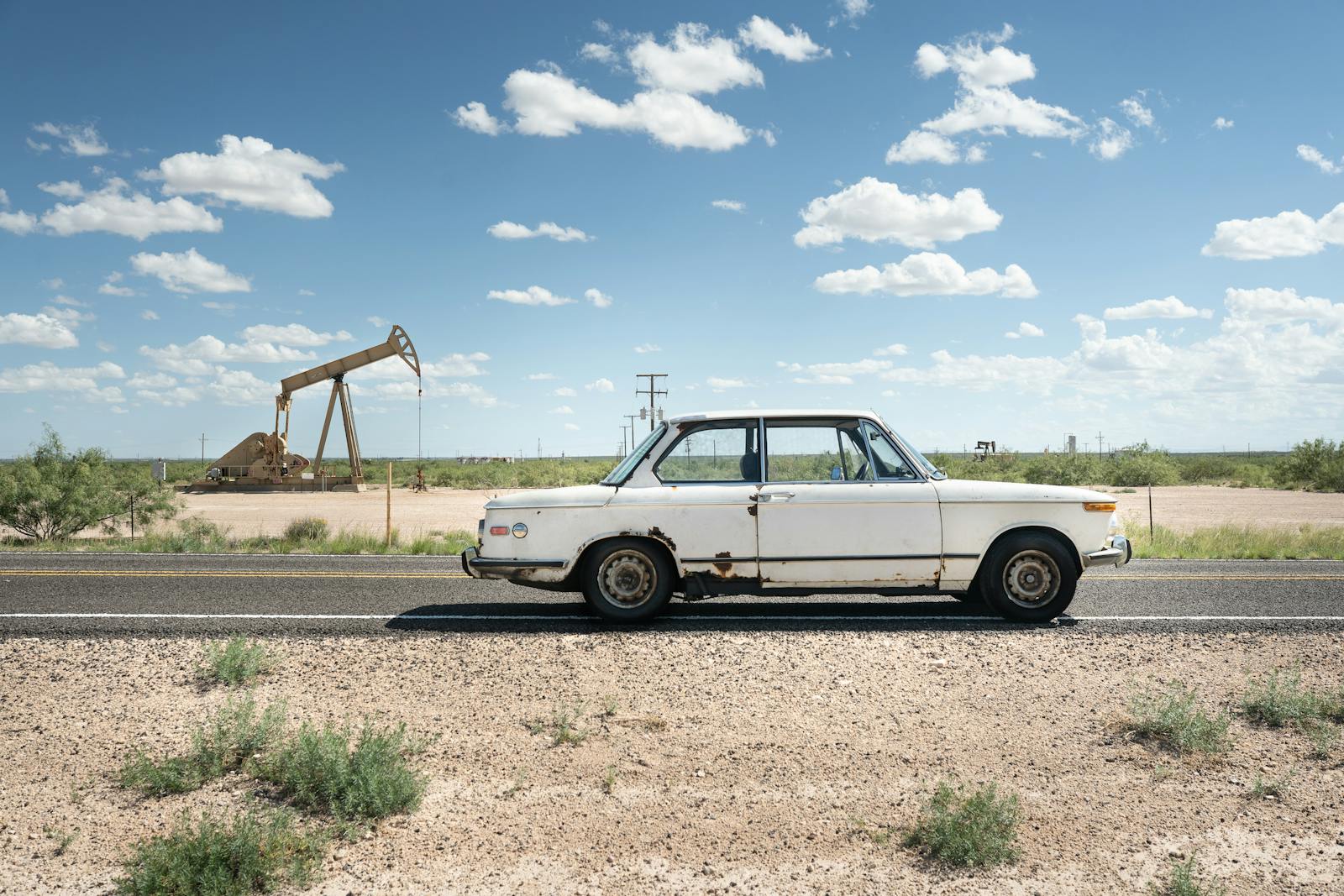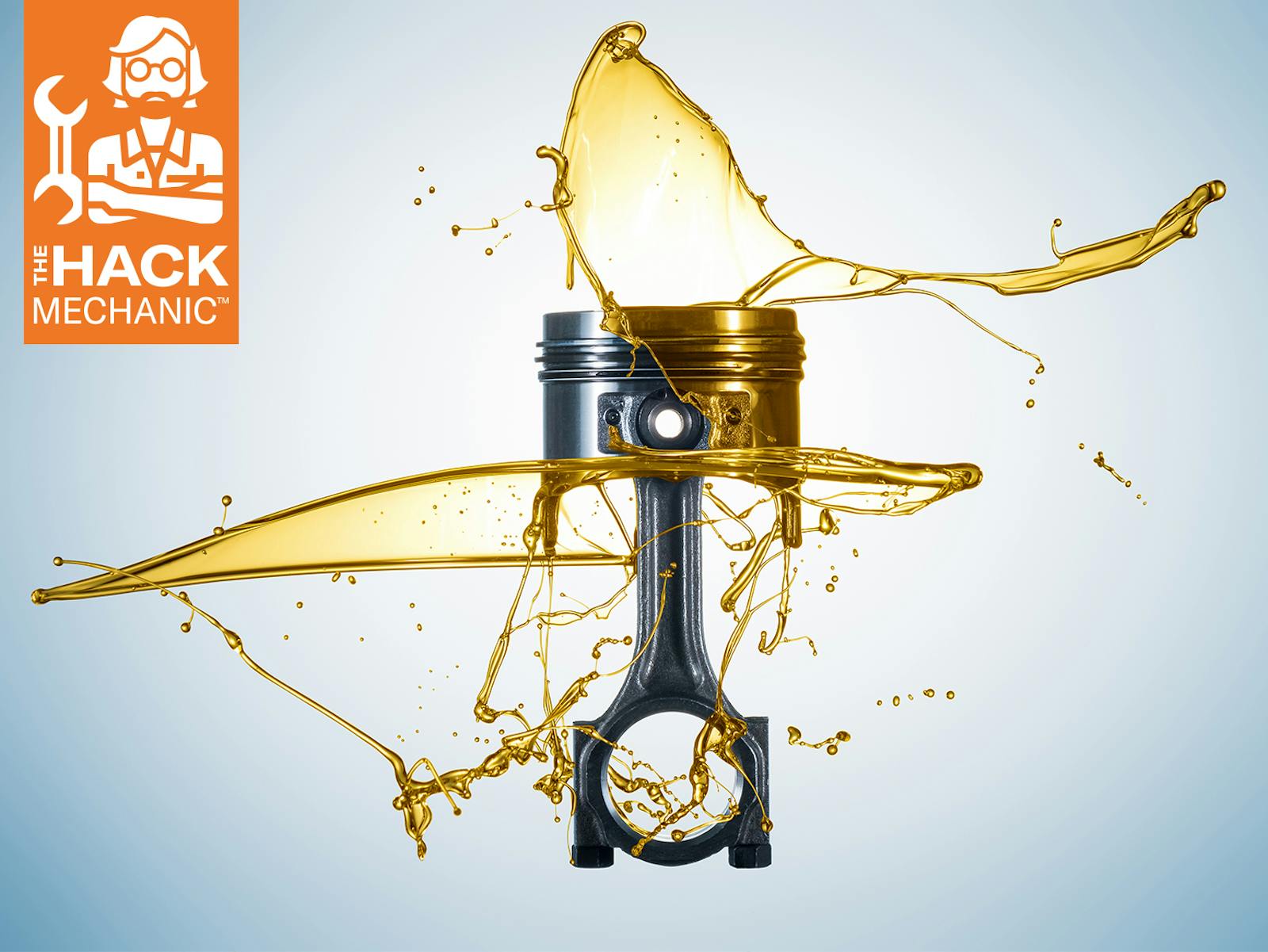Media | Articles
Put down the pitchforks; sometimes auction screwups are exactly that
About 10 years ago, I’m watching a Palm Beach car auction on TV, and I see a car come up that is described as the “Jay Leno Edition Corvette.” They said it came with a certificate of authenticity, even though I have never produced a Jay Leno Edition Corvette or owned this car, plus they had my golf jacket, although I have never played golf in my life. I watched this whole thing, and the car went for $44,000, about five grand more than for a regular used Corvette.
The next day, I called the auction house and said, “Look, I’m not a lawsuit guy, but, fellas, that’s not my car.” They told me it was no problem, that they would give the buyer his money back plus whatever damages and take the car back. And they did. The auction house had been duped by somebody else, because that kind of thing happens, and they fixed it.
We live in an era when everything is a conspiracy and everyone is evil and out to get you. But I don’t believe it. Sometimes people make a mistake. Take, for example, the now infamous auction in Monterey this year of that 1939 “Porsche” Type 64. The car, a riveted aluminum streamliner that was said to be built by Ferdinand Porsche in 1939 for a proposed Berlin-to-Rome road race that never happened, rolled onto the stage as the marquee attraction at the RM Sotheby’s auction. Folks in the know thought maybe it would fetch $20 million because it was the precursor to Porsche’s later production cars and is an important part of the company’s history. So the crowd was stunned when it thought it heard the auctioneer open the bidding at $30 million. Within a minute, it was at $70 million, and the crowd was on its feet, believing a world record was in the making. At that point, the auctioneer stopped and clarified that it wasn’t $70 million but $17 million, and he apologized for his accent that perhaps caused the confusion. Pandemonium erupted, people jeered, and the car failed to sell.
20190818043033)
Before this auction even opened, there were problems. The car was billed as a 1939 Porsche, but it was never called that at the time. Porsche didn’t open for business until 1948, so if anything, this car is really a Volkswagen. Still, you had a very rare piece of Ferdinand Porsche memorabilia on the block—probably the rarest—and it is extremely valuable. The auction house clearly flubbed it. I don’t know why they didn’t reset, just stop everything and reopen the bidding at whatever. It’s not like there’s never been a hitch in an auction before. Plenty of times we’ve seen cars roll up on the block and then the auctioneer withdraws the car because there’s a problem with the serial number or something.
Marketplace
Buy and sell classics with confidence
Sometimes there are just royal screwups, and everything is not a conspiracy. There was no reason for a major auction house, in front of the whole world, with a multigazillion-dollar car on the block, to bother with shenanigans. As it is, they’re going to suffer. The industry is hypercompetitive, and for years the other auction houses are going to remind sellers of this and say, “Well, we’ve never had an incident here at Acme Auctions, Inc.”
Does some hanky-panky happen? I would say no more than in any other kind of vehicle sale. Be honest: How many of you have forgotten to mention one or two problems when you’ve sold a car? Buyers have to do their homework. I love the auction descriptions that read something like, “Many people believe a car similar to this is just like the one that won at Le Mans,” go on for paragraph after paragraph about the winning Le Mans car, and then say something like, “This car was built 10 years after all of those by a different company with a similar name.” The facts are there, and you have to do your due diligence.
People may think auction companies are dirty, but they can’t win. If you got a deal, you outsmarted them, and if you paid too much, they’re crooks. But sometimes a screwup is just a screwup.
The article first appeared in Hagerty Drivers Club magazine. Click here to subscribe to our magazine and join the club.
20190514135307)

